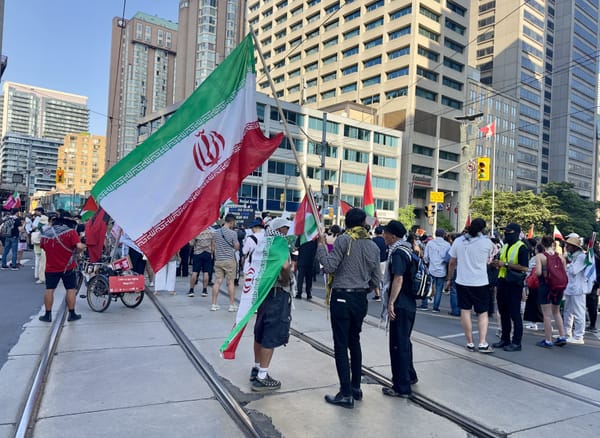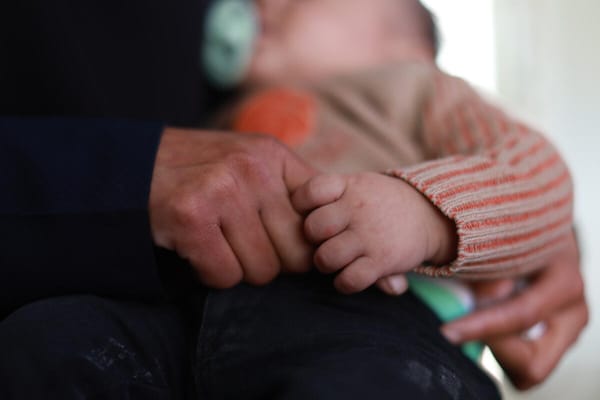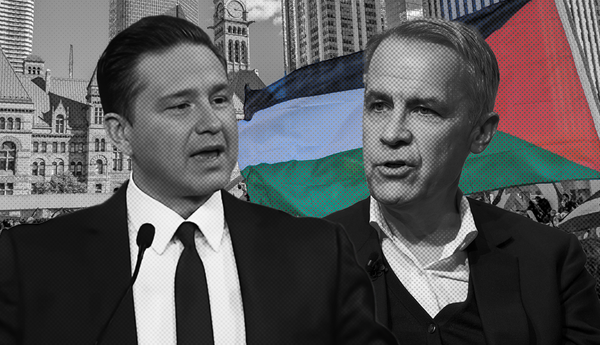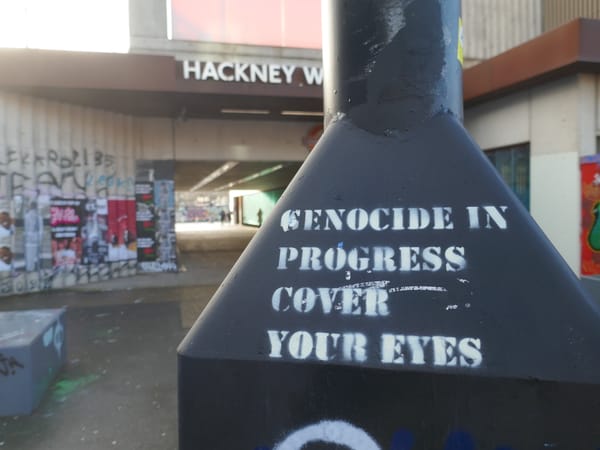For years, Canadian media coverage of Israel’s occupation of Palestine and its regime of apartheid against Palestinians has been at best mediocre, and at worst dehumanizing.
Pro-Israel bias manifests in a number of different ways. Stories are decontextualized when, for example, Palestinian militant activity is described with no mention of Israel’s brutal military occupation and apartheid regime. Palestinian perspectives are ignored when, for instance, Israelis and pro-Israel voices are given an opportunity to comment on a story, and Palestinians and their allies are not. Anti-Palestinian racism seeps in when Israeli casualties are highlighted and Palestinian casualties are downplayed or ignored. The list goes on.
On top of this, well-funded, pro-Israel organizations regularly bully and intimidate journalists. In their campaigns, they often omit or misrepresent facts, ignore key contextual information, cite unreliable sources, and dismiss reports from human rights organizations, and then use backroom influence to push their narrative. As a result of their aggressive campaigning, newsrooms are flooded with complaints, calls for journalists to be terminated and even death threats. To escape such pressure, journalists often give in, or avoid addressing Palestine altogether.
These flaws were highlighted in 2021 when more than 500 journalists signed an open letter to Canadian media outlets demanding that their newsrooms “acknowledge their failings” and “carry out the necessary due diligence and report on [Palestine-Israel] with nuance and context.” The letter went on to argue that this coverage should be led by reporters with knowledge of the region, and include Palestinian voices. Some of these journalists, including those at the CBC, were reprimanded or temporarily taken off covering the issue.
Sophisticated news consumers adapt to this reality by consulting international media, but most Canadians continue relying on mainstream news drivel, unaware of the issues with the coverage. As a staunch advocate of Palestinian human rights and liberation, Canadians for Justice and Peace in the Middle East (CJPME) is seeking to address these longstanding problems.
After years of planning, CJPME was able to rally the staff and resources to launch a new initiative earlier this year called the Media Accountability Project (MAP). The aim of the project is to monitor and confront Canadian media coverage — including in print, online and even on radio and TV — that fails to uphold professional journalistic ethics, such as reporting that ignores pro-Palestinian spokespeople, uses misleading terminology, or omits key context. In just a few months there’s already been a perceivable shift in reporting.
An example of this initiative’s impact is the multiple updates, corrections and reporting changes the Associated Press (AP) has made at our request. For example, AP updated its articles to include more detailed coverage of the Huwara pogrom and its impact on Palestinians. AP has also improved reporting of Palestinians killed by Israel in 2022 by moving away from language referring to casualties as “militants” and by fixing misleading statistics that had erased those killed in Gaza. It has also updated coverage to mention the presence of pro-Palestine protesters in the United Kingdom among those opposing judicial reforms proposed by Israel’s government. Given the broad syndication of AP articles, such improvements reach a wide audience.
CJPME also recently responded to an article in the National Post that claimed Palestinians possess a “death culture” due to the supposed inculcation of “generations of Palestinian children to be venerated as ‘martyrs’ for mass murders.” The National Post was forced to make a substantive change to the article after a challenge from CJPME, and ultimately published a letter by CJPME’s vice president rebutting much of the nonsense that was left in the article.
In another instance, CJPME challenged a Toronto Sun article highlighting a pro-Israel group’s complaints regarding a workshop on Nakba denial that failed to include Palestinian voices or even define the Nakba. As a result of pressure, the Toronto Sun published a follow-up article that provided a definition of the Nakba as well as a definition of anti-Palestinian racism from the Arab Canadian Lawyers Association.
For far too long, pro-Israel organizations have bullied mainstream Canadian outlets to advance a pro-Israel line and exclude and silence Palestinian narratives. While it’s just a start, we hope the MAP will help give professional journalists the space they need to finally provide fair and honest coverage.
The project welcomes participation from the public via a “Media Responder” capability, whereby subscribers can be alerted to coverage on Palestine that merits a response, either for its quality or for its shortcomings. You can sign up to become a “Media Responder” and learn more about the MAP as a whole through the website CJPME has created for the project.








